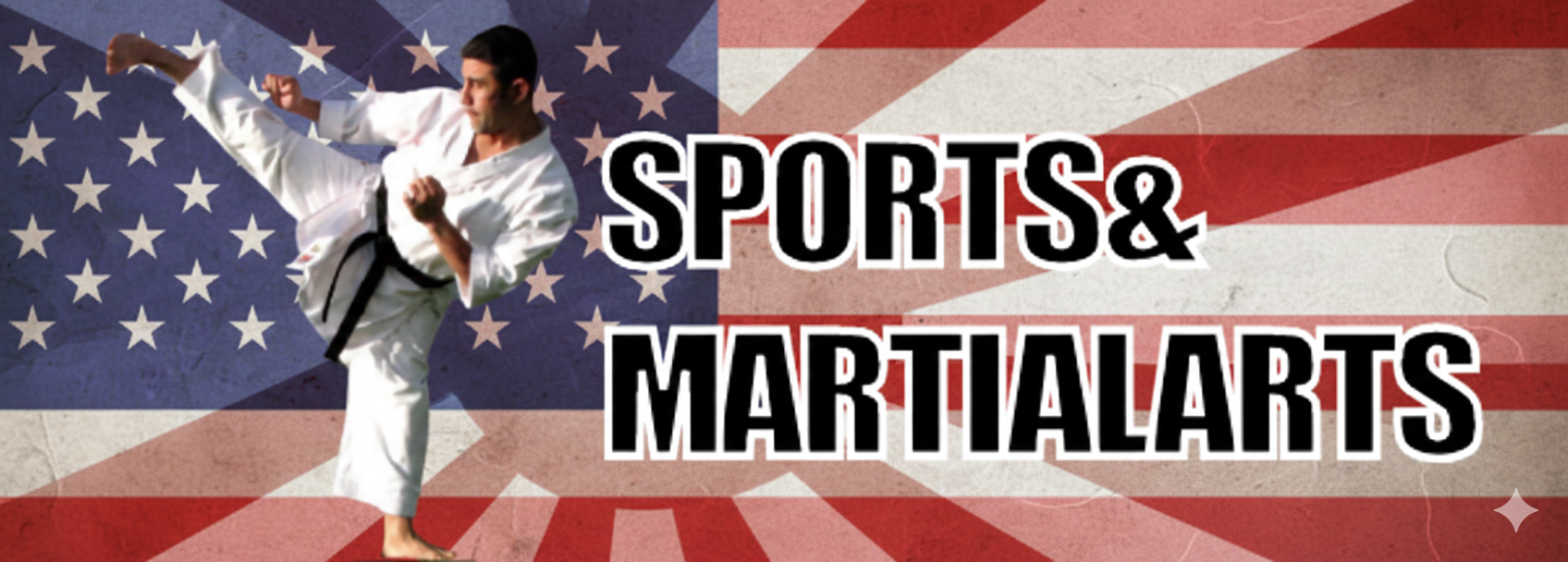Contents
Figure Four Stretch
A Powerful Hip-Opener for Pain Relief and Mobility
The Figure Four Stretch is a simple yet incredibly effective exercise designed to target the hips, glutes, and lower back. Whether you’re an athlete, martial artist, office worker, or someone dealing with sciatic nerve pain, this stretch can help you loosen tight muscles, improve flexibility, and promote better movement.
Benefits of the Figure Four Stretch
The Figure Four Stretch primarily targets the piriformis muscle, which runs through the buttock and can become tight or inflamed, irritating the sciatic nerve. Here are the main benefits of including this stretch in your routine:
- Relieves hip tightness and lower back discomfort
- Reduces sciatic nerve pain
- Increases flexibility in the glutes and hip flexors
- Improves overall mobility and posture
- Supports recovery after workouts or long periods of sitting
Recommended Sets and Duration
To get the most out of the Figure Four Stretch, aim for:
- 2 to 3 sets per leg
- Hold each stretch for 20 to 30 seconds
- Perform it 3 to 5 times per week, especially after a workout or a long day of sitting
Step-by-Step Guide: How to Do the Figure Four Stretch
- Start on Your Back
Lie flat on your back on a comfortable surface like a yoga mat. Bend both knees and place your feet flat on the floor, hip-width apart. Keep your arms relaxed by your sides. - Form the Figure Four Shape
Lift your right foot and cross your right ankle over your left thigh, just above the knee. Your right knee should point outward, creating a “figure four” shape with your legs. - Engage the Stretch
Reach both hands through the space between your legs and clasp them behind your left thigh. Gently pull your left thigh toward your chest. You should feel a deep stretch in your right hip, glute, and outer thigh. - Maintain Proper Posture
Keep your head, neck, and shoulders resting on the mat. Avoid straining your upper body—this is a passive stretch. Breathe slowly and deeply to encourage muscle release. - Hold the Position
Stay in the stretch for 20 to 30 seconds, or up to one minute for a deeper release. Feel the tension melt away from the hip and glute area. - Switch Sides
Gently lower your left leg, release your hands, and uncross your right ankle. Repeat the same steps on the opposite side to stretch the left hip and glute.
Figure Four Stretch Variations
- Seated Figure Four Stretch
Sit on a chair with both feet flat on the floor. Cross your right ankle over your left knee and gently lean forward to deepen the stretch in your hip. This variation is perfect for the office or people with limited mobility. - Standing Figure Four Stretch
Stand tall and cross your right ankle over your left thigh, then lower into a one-leg squat (like sitting on an invisible chair). This requires balance and activates additional muscles in your legs and core. - Wall-Assisted Figure Four Stretch
Lie near a wall with your feet against it. Cross your right ankle over the left knee, and press the sole of your left foot into the wall while adjusting the distance to control the intensity of the stretch.
Tips and Recommendations
- Always warm up before stretching to avoid muscle strain.
- Breathe slowly and deeply to help muscles relax into the stretch.
- Never force the movement or bounce while holding the position.
- If you experience sharp pain or numbness, stop immediately and consult a health professional.
- Make it a consistent part of your routine, especially if you sit for long hours or engage in sports involving lower-body movements.
Final Thoughts
The Figure Four Stretch is more than just a flexibility exercise—it’s a recovery tool, a posture corrector, and a preventive method against injury and discomfort. Incorporating this stretch into your weekly routine can provide long-term benefits for your hips, lower back, and overall physical performance. Listen to your body, adjust the position as needed, and enjoy the relief and mobility this stretch brings.
Follow our Social Media!











